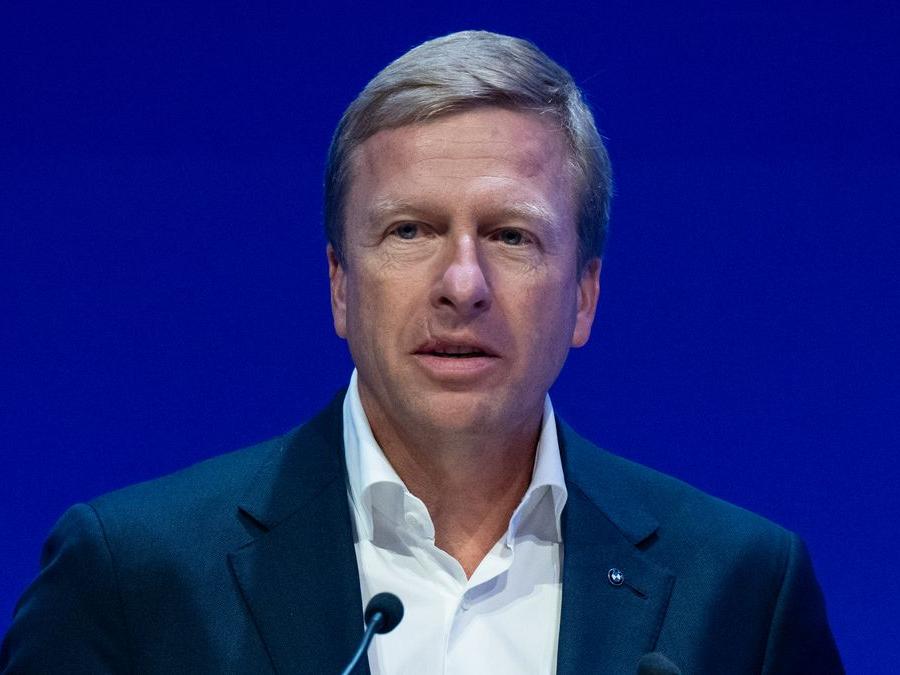BMW’s announcement of a massive recall affecting 1.5 million vehicles due to faulty brake systems has sent shockwaves through the automotive industry, causing significant financial repercussions for the company and its suppliers. The recall, which impacts BMW, Mini, and Rolls-Royce models, is related to issues with the Integrated Braking System (IBS) supplied by Continental. As a result, BMW has been forced to revise its financial outlook for 2024 drastically downward.The company now expects a slight decrease in vehicle deliveries for 2024, contrary to the previous forecast of a slight increase following the record 2.56 million units delivered in 2023. The operating margin in the automotive division is now projected to be between 6% and 7%, down from the previous 8% to 10%. BMW estimates additional warranty costs in the ‘high three-digit million’ range, with some reports suggesting it could exceed €500 million.The market reaction to this news was swift and severe. BMW’s stock price plummeted by approximately 11%, marking its largest daily drop since March 2022. Continental, the supplier of the faulty braking systems, saw its stock fall by about 10%. The ripple effect was felt across the entire automotive sector, with other major players like Volkswagen, Mercedes-Benz, and Stellantis also experiencing significant stock declines.Adding to BMW’s challenges is the persistently weak demand in the Chinese market, a key region for the company. ‘Despite government support measures, purchasing reluctance persists,’ BMW stated, highlighting the ongoing struggles in what has traditionally been a crucial market for German automakers.This crisis at BMW comes amid broader turmoil in the German automotive industry. In a separate but equally significant development, Volkswagen has announced the end of a 30-year employment protection agreement in its German factories. This move, part of a drastic cost-cutting plan, could potentially lead to factory closures and significant job cuts in Germany for the first time in the company’s history. Volkswagen cited the need to ‘reduce costs in Germany to a competitive level’ as it struggles with the transition to electric vehicles and increased competition from Tesla and Chinese manufacturers like BYD.These developments underscore the significant challenges facing the German automotive industry, including the costs of transitioning to electric vehicles, increased competition from new market entrants, and shifting global demand patterns. As both BMW and Volkswagen grapple with these issues, the coming months are likely to be crucial in determining the future trajectory of these automotive giants and the broader German industrial landscape.
Key points
- BMW recalls 1.
- Volkswagen ends 30-year employment protection agreement, potentially leading to job cuts and factory closures in Germany.
- Both BMW and Volkswagen face challenges from weak demand in China and increased competition in the electric vehicle market.
5 million vehicles due to faulty brake systems, significantly lowering its financial outlook for 2024.
Contradictions👾There are slight discrepancies in the reported stock price drops for BMW, with some sources citing an 8% drop while others report an 11% decline.
This could be due to different reporting times or methodologies.



